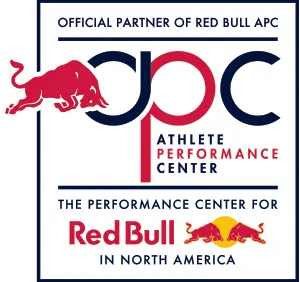Our fitness goals will necessarily change over the course of time. As kids and well into high school and college, we have multiple opportunities to take part in physical activities. There are games to play, leagues to join, and no small amount of people willing to embark on those activities with us.
As we then enter our 20s, the number of sporting options at our disposal will begin to dwindle. You’ll notice that there aren’t as many friends who remain active as there used to be, and you yourself might grow wary of the same sports you’ve taken part in for years now. As you focus on marriage and family, the desire to compete may lessen.
A new report notes, though, that there has been an increasing trend wherein persons in their 30s and 40s begin to turn back to sports that they may have given up on in the past. This is because persons in that age group suddenly find themselves with a larger drive to compete and more time to take part in those activities. If you find yourself in this position, you have to realize that your body is different than it was 15 or 20 years ago, and thus you’ll have to be a little more cautious in order to protect your body from injury. The same report linked to above offers some valuable tips on the precautions to take.
What you don’t want to do is push yourself so hard from the outset that you end up being seriously injured. Instead, give yourself time to acclimate to any new sport. Keep your exercise slow and steady at first, allowing yourself to gradually build the intensity depending on your comfort level. In this way, you’re protecting your muscles and joints and letting them ease into the more rigorous exercise you hope to eventually achieve.
Your best bet might be speaking with a personal trainer or a sports medicine specialist before you compete. At the very least, get a physical from the family doctor. That way, you’ll be able to identify any underlying medical issues and work around them appropriately.
If you’ve signed up for some kind of league, you also don’t want to jump right into games without prior exercise. Give yourself a couple weeks of basic cardiovascular and strength work so that you’ll be ready for the game or match. If there are certain techniques you’ll need to master, such as swinging a bat, practice those as well so that you can perfect your form and protect your body from the tension created by awkward motions.
Don’t get so dead-set on one technique that you’re letting your other muscles suffer. Make sure you maintain balance by working out all sets of muscles, not just those that get worked out during a game. Otherwise, you could find yourself plagued by an overuse injury.
Finally, if you're just recovering from some kind of surgery, don't go back to fitness too soon. You should be able to work with a doctor to develop a plan that accommodates your lifestyle. A microdiscectomy post op plan, for instance, typically allows for a gradual buildup that can boost recovery and minimize injury potential. No matter what operation you've had, though, it's imperative that you speak with a doctor prior to intense physical activity.
About the author




